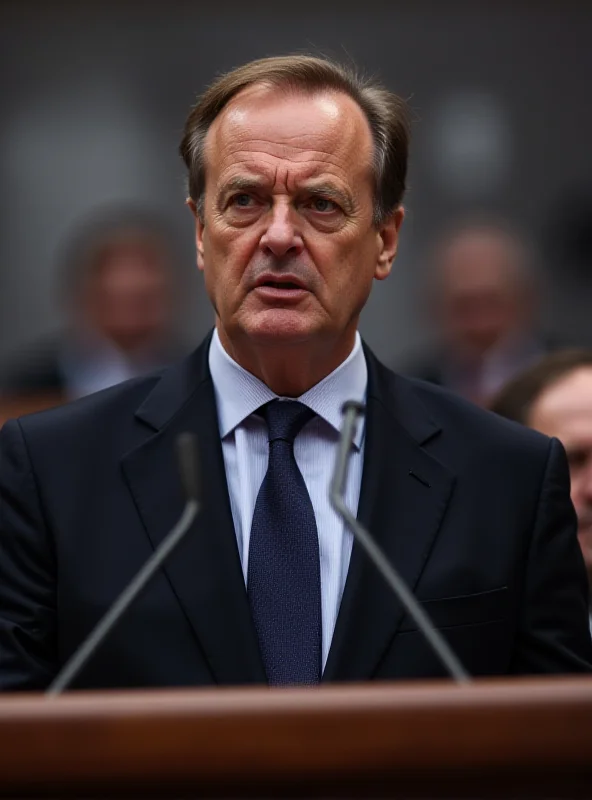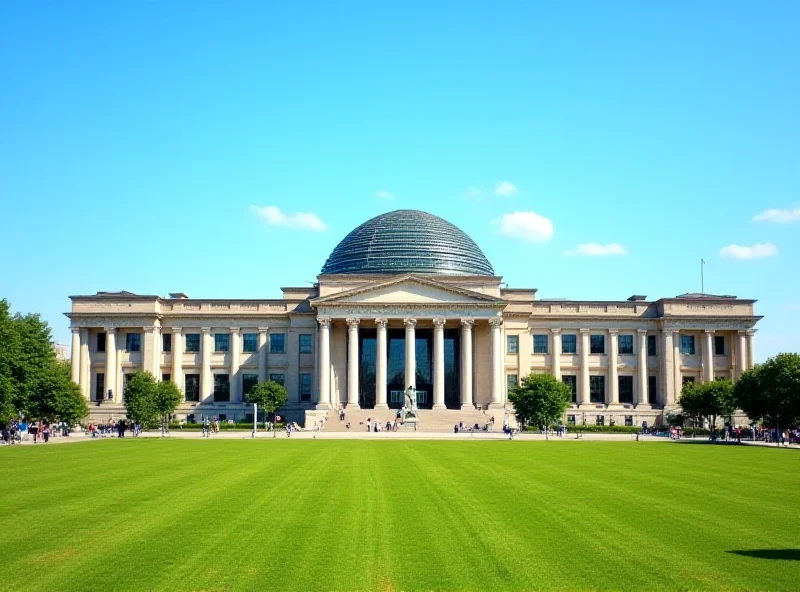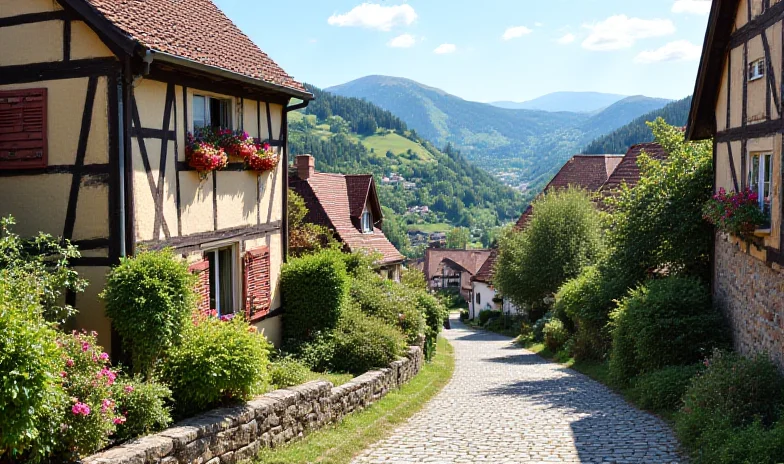While Germany grappled with the results of its recent national election, one small town offered a particularly striking statistic: just a single resident cast their ballot for the Alternative for Germany (AfD). This stands in stark contrast to the party's overall gains across the nation, highlighting the diverse political landscape within the country.

A Lone Voice in a Small Town
With only 228 eligible voters, the town represents a microcosm of Germany, yet its overwhelming rejection of the AfD paints a unique picture. It raises questions about local issues, demographics, and the particular political climate within this community. While national trends might point in one direction, local realities can often tell a different story.
It also underscores the importance of looking beyond national headlines to understand the nuances of political sentiment at the grassroots level. "Every vote counts," as the saying goes, and in this case, the lone AfD vote speaks volumes about the town's distinct political identity.
Integration Debate and Friedrich Merz
The political discourse in Germany extends beyond election results, encompassing critical issues such as integration. A recent article criticized Friedrich Merz's approach to integration, arguing that it cannot be justified by referencing Scandinavian models. The article specifically refutes the notion that the Swedish left effectively suppressed the far-right during the interwar period through harsh measures, labeling this idea a "myth."

This debate highlights the complexities and challenges involved in shaping effective integration policies. Different political perspectives and historical interpretations contribute to an ongoing dialogue about the best path forward.
Defense Spending and Constitutional Challenges
Another significant development in German politics is the Grand Coalition's ambition to allocate 200 billion euros for defense. Future Chancellor Merz and his SPD allies face a hurdle: amending the Constitution to overcome existing spending limits. This requires a substantial majority in parliament.
However, the article suggests that securing this majority in the upcoming legislature may be difficult, leading to the potential for the outgoing Bundestag to approve the reform. This move could raise constitutional questions and further fuel political debate in the country.

These diverse political narratives—from the lone AfD vote in a small town to debates over integration and defense spending—underscore the multifaceted nature of contemporary German politics. They also highlight the challenges and opportunities facing the country as it navigates a complex and ever-changing world.
